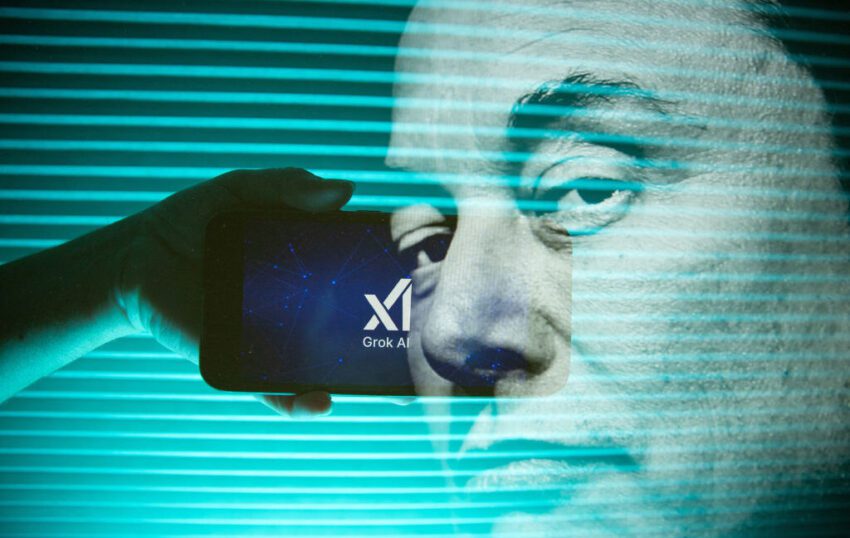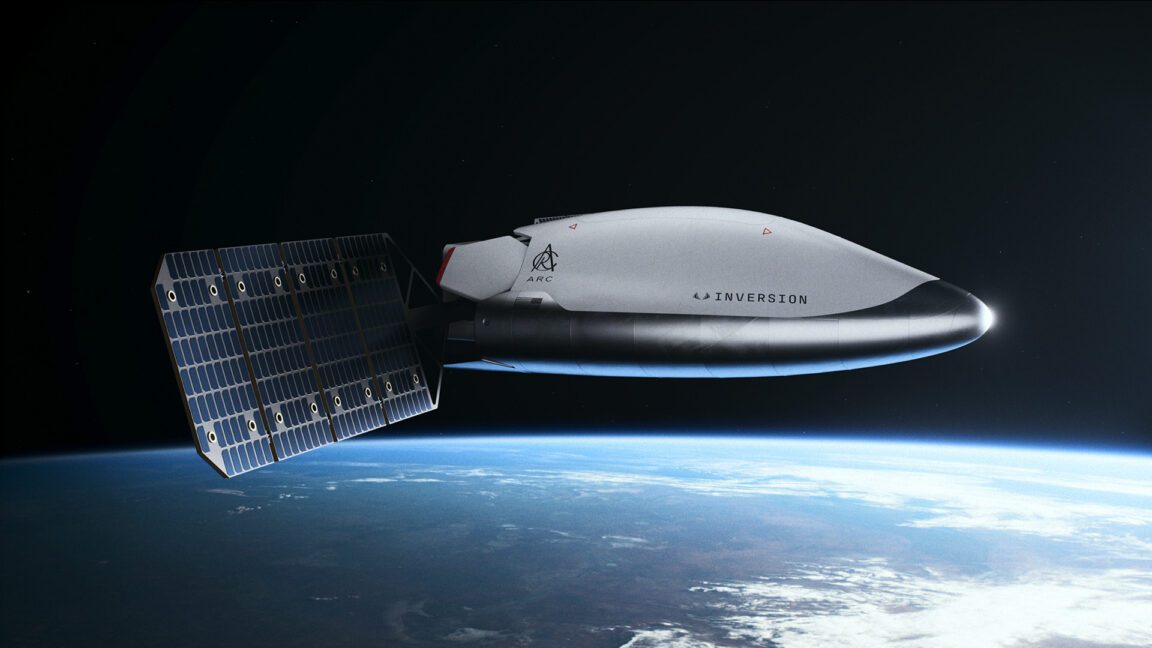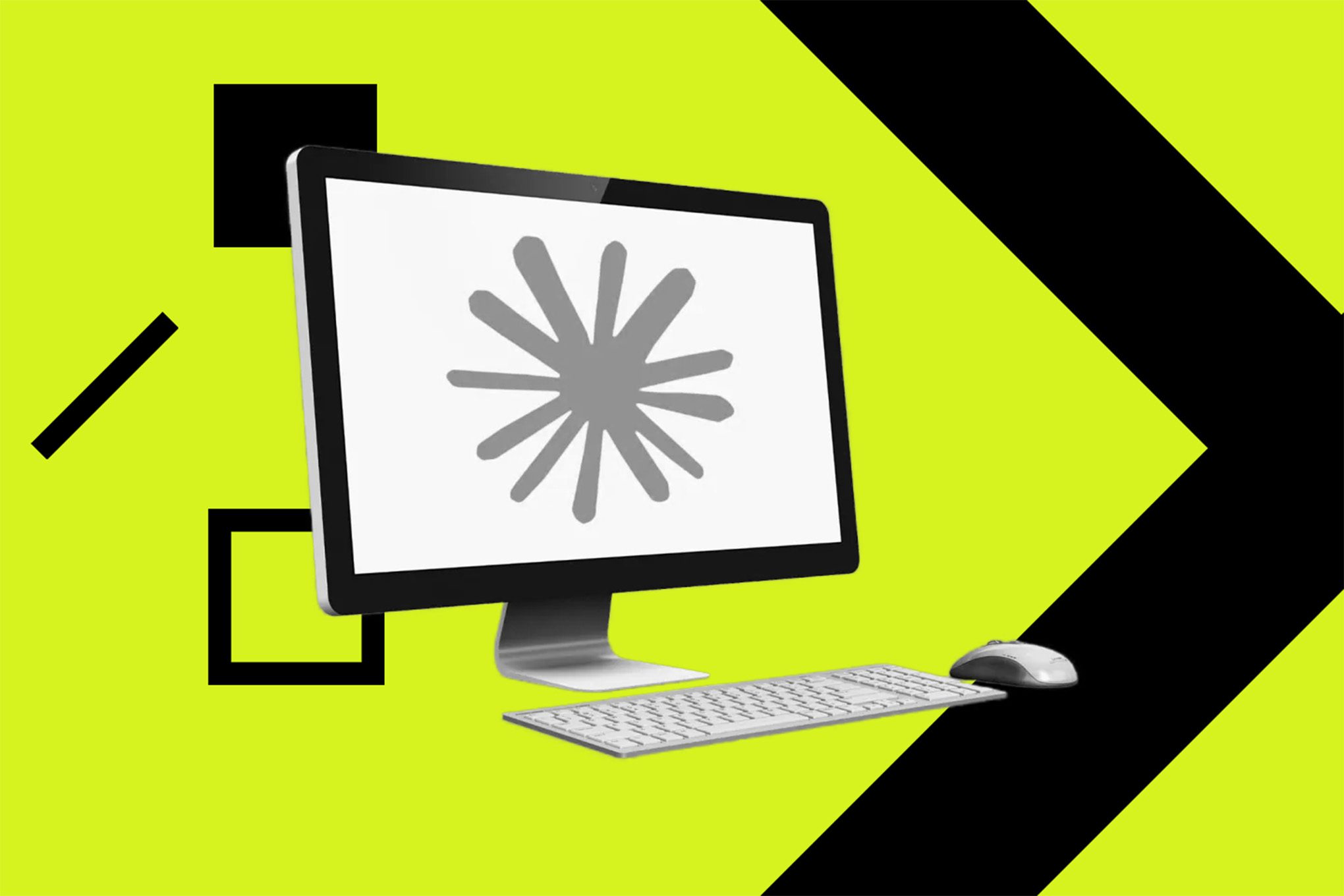
openai mocks musk s math in suit OpenAI and Apple are seeking to dismiss a lawsuit filed by Elon Musk’s xAI, which claims that the integration of ChatGPT into various iPhone features constitutes a violation of antitrust laws.
openai mocks musk s math in suit
Background of the Lawsuit
The lawsuit was initiated in August 2025, following a series of public outbursts from Musk on social media platform X, where he expressed his frustration over Apple’s decision not to include his AI chatbot, Grok, on its editorially curated “Must Have” apps list. This list has been a significant endorsement for apps, often leading to increased visibility and downloads. Musk’s grievances stemmed from the perception that Apple was favoring ChatGPT, developed by OpenAI, over his own product.
Musk’s contention is that Apple’s integration of ChatGPT into Siri and other native iPhone features provides OpenAI with an unfair advantage. He argues that this integration allows OpenAI to access a vast pool of user prompts—potentially billions—that can be utilized as training data. This, according to Musk, not only solidifies OpenAI’s dominance in the chatbot market but also stifles competition, particularly for his own AI venture, xAI.
Legal Arguments Presented by xAI
In the lawsuit, xAI alleges that the partnership between OpenAI and Apple constitutes an antitrust violation. The core of their argument is centered around the idea that the integration of ChatGPT into iPhone features creates a monopoly-like situation. Musk’s legal team contends that this collaboration allows OpenAI to monopolize the market for AI-driven prompts, thereby limiting opportunities for other developers and startups in the AI space.
Specifically, xAI claims that:
- OpenAI’s exclusive access to user prompts enhances its training data, which is crucial for improving its AI models.
- This access creates a barrier to entry for other AI developers, making it difficult for them to compete effectively.
- Apple’s actions in promoting ChatGPT over competing applications like Grok demonstrate a bias that undermines fair competition in the smartphone ecosystem.
OpenAI and Apple’s Response
In response to the lawsuit, both OpenAI and Apple have filed motions to dismiss the case, arguing that xAI’s claims lack merit. Their legal teams have characterized Musk’s mathematical assertions as flawed and misleading. They argue that the integration of ChatGPT into iPhone features does not constitute a monopoly but rather reflects a consumer preference for OpenAI’s technology.
OpenAI’s court filings emphasize that:
- The integration of ChatGPT into iPhone features is a result of consumer demand, not an attempt to stifle competition.
- There are numerous AI applications available on the App Store, and users have the freedom to choose among them.
- The claims regarding monopolistic behavior are exaggerated and do not reflect the competitive landscape of the AI market.
Apple has echoed these sentiments, asserting that its decisions regarding app promotion are based on quality and user experience rather than favoritism. The company maintains that it provides a platform for a diverse range of applications, including those developed by Musk’s xAI.
Implications of the Lawsuit
The outcome of this lawsuit could have significant implications for the tech industry, particularly in the realm of artificial intelligence and app development. If the court sides with xAI, it could set a precedent that challenges the way tech companies collaborate and integrate AI technologies into their products. This could lead to increased scrutiny of partnerships between major tech firms and their implications for market competition.
Moreover, a ruling in favor of xAI could embolden other startups and developers to challenge larger companies over perceived monopolistic practices. This could result in a wave of litigation aimed at ensuring fair competition in the rapidly evolving AI landscape.
Stakeholder Reactions
The lawsuit has garnered attention not only from legal experts but also from industry stakeholders. Many in the tech community are closely monitoring the developments, as the case could influence future collaborations between AI developers and major tech companies.
Some industry analysts have expressed skepticism regarding Musk’s claims. They argue that the AI market is characterized by rapid innovation and competition, with numerous players vying for market share. The presence of multiple AI applications on platforms like the App Store suggests that consumers have a variety of choices, which undermines the notion of a monopoly.
On the other hand, proponents of xAI’s position argue that the integration of ChatGPT into iPhone features could create an uneven playing field. They contend that if a single company can dominate the AI space through strategic partnerships, it could stifle innovation and limit consumer choice in the long run.
Broader Context of Antitrust in Tech
This lawsuit is part of a broader conversation about antitrust issues in the tech industry. Over the past few years, there has been increasing scrutiny of how major tech companies operate and their impact on competition. Regulatory bodies in various countries have begun to take a closer look at the practices of companies like Apple, Google, and Amazon, raising concerns about monopolistic behavior and its effects on consumers and smaller businesses.
In the United States, lawmakers
Was this helpful?
Last Modified: October 2, 2025 at 7:39 pm
0 views















